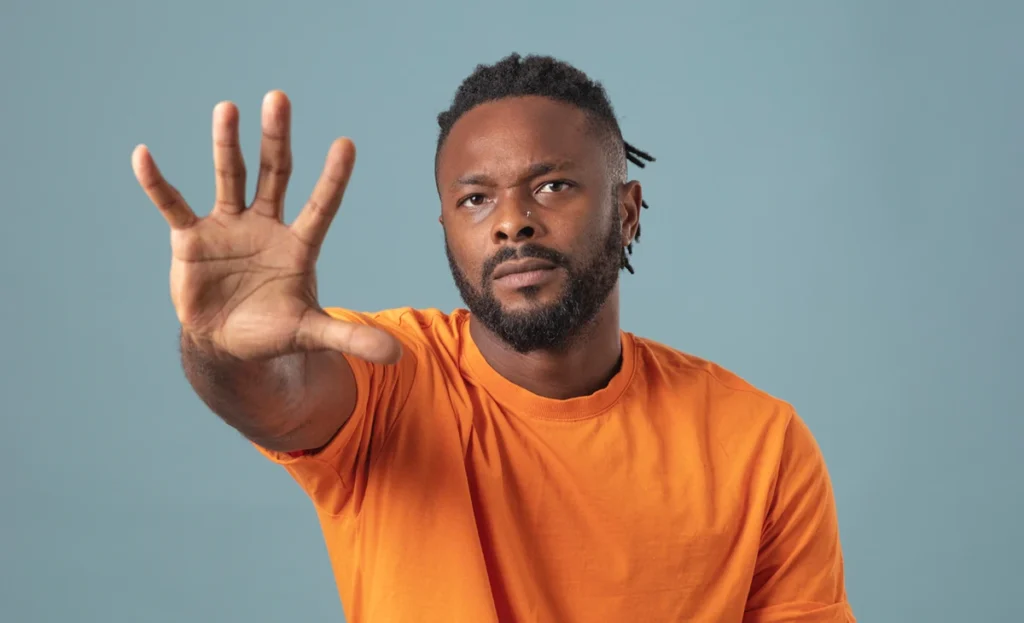Se habla español.
Interpreters available for other languages.
410-706-2781
The ROAR Center is a recognized Center at the University of Maryland, Baltimore

Homicide is the leading cause of death for young African-American men (ages 15-34) in the United States; they are six times more likely to die by homicide than their white counterparts. Most of these homicides are caused by firearms. 348 people died by homicide, and 771 people were non-fatally shot in Baltimore City in 2019, giving Baltimore City the second highest homicide rate per capita (51 per 100,000 people) in the United States for that year.
Without civil legal aid programs for crime victims, working in concert with sustained and evidence-based intervention and prevention, the pandemic of gun violence in the US will continue to spread, negatively affecting many more Black families.
Civil legal aid is free or low-cost legal assistance for people with civil legal issues who are at or near poverty and can help people with non-criminal legal issues, such as unlawful evictions, foreclosure, domestic abuse, and wrongful denial of government assistance. Civil legal aid can help people access basic needs like housing, health care, employment, educational services, and government benefits.
As is true of cities across the US, most of those shot in Baltimore City are young African-American men with prior histories of involvement with the criminal justice system and disengaged from traditional systems of support, such as education, workforce, and medical providers, due to structural racism. These young men are typically born and raised in poverty, forced to live in substandard housing with health hazards, educated in public schools operating far below state standards of excellence and resources, offered very few opportunities to earn a livable wage, and treated early without compassion, as if they are inevitably going to fall into criminal activity.
These young men are at much higher risk of sustaining violent injury and committing an act of violence such as a shooting or stabbing. Two of the primary determinants of perpetrating, or of being a victim of, gun violence are being a victim of gun violence in the past or being part of a co-offending network with someone who is a victim of homicide. This is compelling evidence that providing immediate, direct, supportive, and non-judgmental support to anyone directly impacted by gun violence will prevent them from perpetrating or being victims of future gun violence.
With the passage of the Bipartisan Safer Communities Act in 2022, sustainable funding sources for Community Violence Intervention (CVI) programs and Hospital-Based Violence Intervention Programs (HVIP) across the US are finally sustainable.
Evidence supports the effectiveness of CVI programs and hospital-based violence intervention programs; however, partnerships between those programs and civil legal aid programs have been sparse at best. Even in cities where there is not a current CVI or HVIP, hospitals treating gun violence survivors regularly often have few resources to offer to those survivors upon discharge.
Across the U.S., many gun violence survivors report feeling forgotten once they have been stabilized and discharged from the hospital. They face a multitude of obstacles to their recovery, such as mental health struggles, transportation needs, and soaring medical costs.
The ROAR Center has a multi-disciplinary staff of lawyers, paralegals, social workers, therapists, and RNs to address the array of needs of survivors of all types of crime, including legal services, mental health treatment, case management, and nurse care management. In addition, women – mothers, aunts, sisters, girlfriends – typically assume most of the caretaking of survivors of non-fatal gunshots and experience their own trauma, health, and legal issues directly related to the shooting that require intervention, which ROAR provides as well.
The value of providing therapy and case management has been widely documented. At the same time, research on the impact of legal services on victims of crime is limited and so far has only been conducted for survivors of intimate partner violence (IPV). However, that research unilaterally demonstrates that legal services significantly improve survivors’ feelings of safety, self-esteem, overall living situations, and personal finances.
I have been an attorney for survivors of crime – initially of intimate partner and sexual violence – for over 28 years and worked in the field of victim services for 33 years. I have served as the Executive Director of three organizations specializing in legal services to survivors and am the founding Board Chair of a fourth. I share this history to bolster my claim that the civil legal needs of gun violence survivors are very similar to survivors of other types of harm.
The most common requests for legal assistance we receive are for the following:
ROAR partners with area hospitals (including our formal Medical-Legal Partnership with the University of Maryland Medical Center) and CVI and HVIP programs across Baltimore City, which refer survivors of gun violence to us. Our attorneys will even go to the bedside to meet patients with pressing legal needs.
It is my great hope that ROAR can serve as a model for other cities to form similar civil legal service, CVI, and HVIP partnerships with funding from ARPA, VOCA, and BJAG, and the Bipartisan Safer Communities Act to provide legal services to this underserved group. The first step is to reach out to the potential partnership in your location and see if there is a desire to join areas of expertise to address the scourge of gun violence in the US.